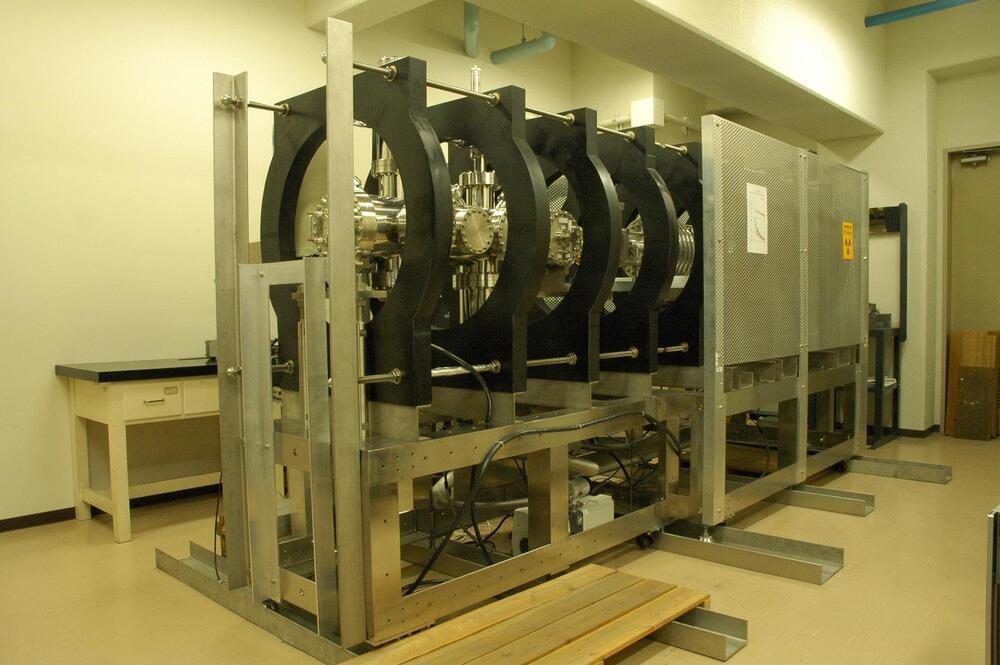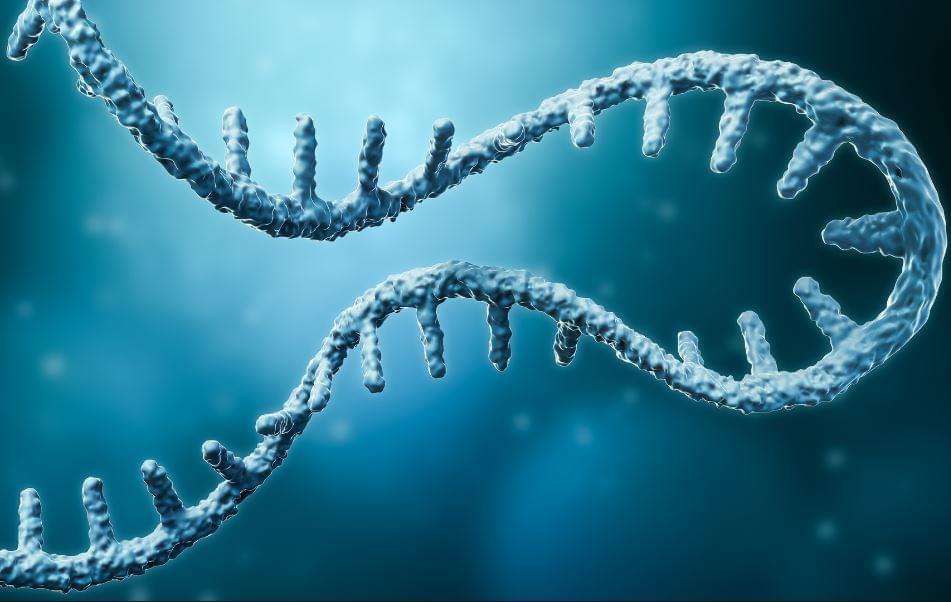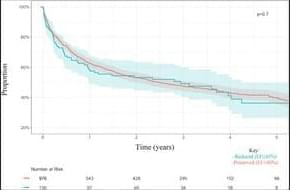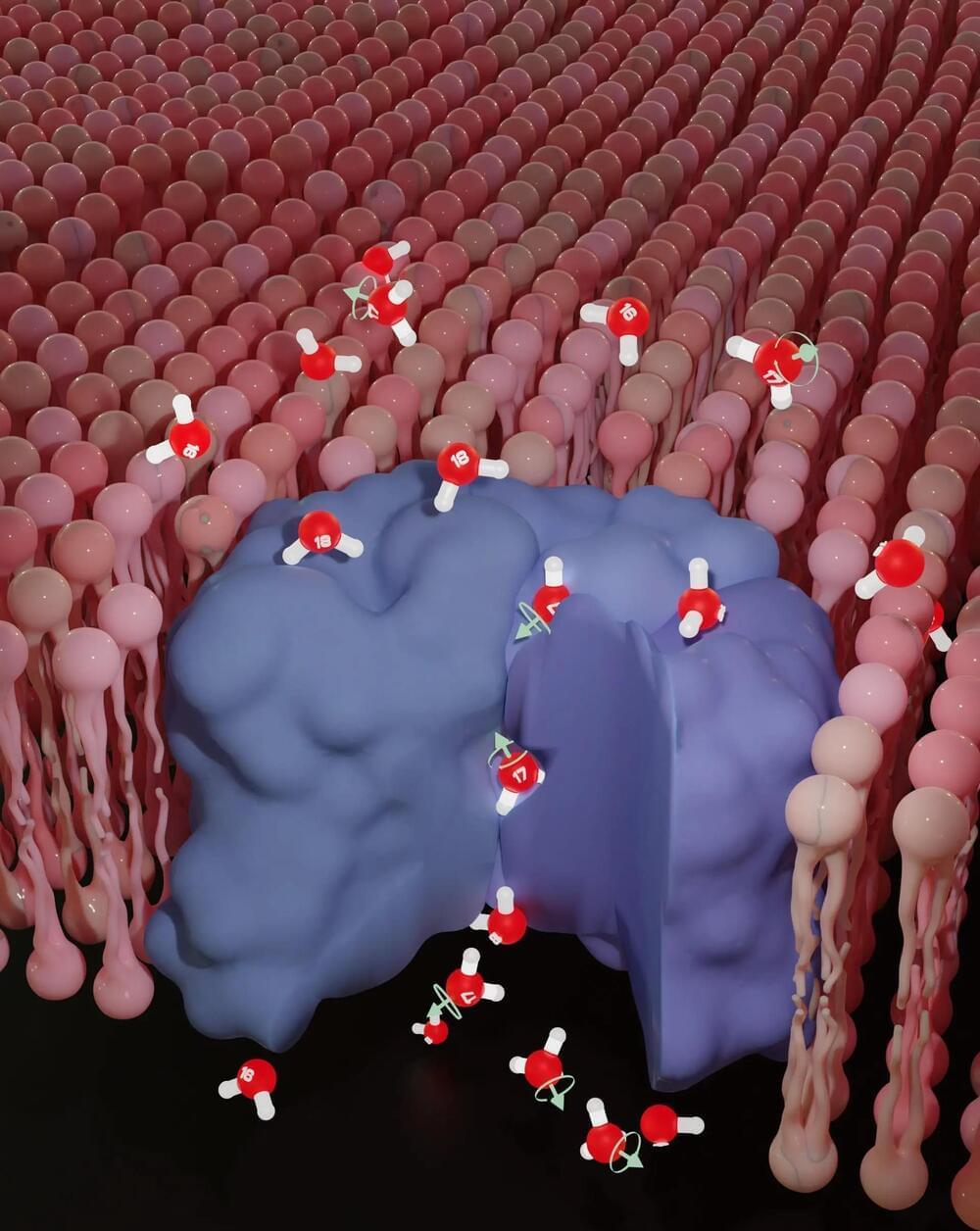Of course, this study was performed on a relatively small group of individuals in an agricultural community, which is not the environment that most American teenagers grow up in. These links may also be due to some other confounding factors, like spending more time on the farm than in formal education. However, these results are still striking and important to consider for young people in farming communities (and non-farming communities) around the world.
“Many chronic diseases and mental-health disorders in adolescents and young adults have increased over the last two decades worldwide, and exposure to neurotoxic contaminants in the environment could explain a part of this increase,” senior author Jose Ricardo Suarez, an associate professor in the Herbert Wertheim School of Public Health, said in a statement.
“Hundreds of new chemicals are released into the market each year, and more than 80,000 chemicals are registered for use today,” Suarez added. “Sadly, very little is known about the safety and long-term effects on humans for most of these chemicals. Additional research is needed to truly understand the impact.”







